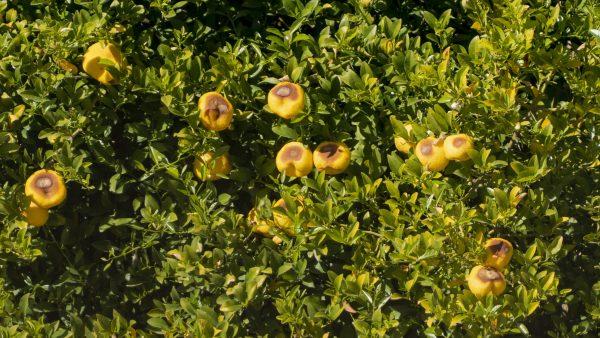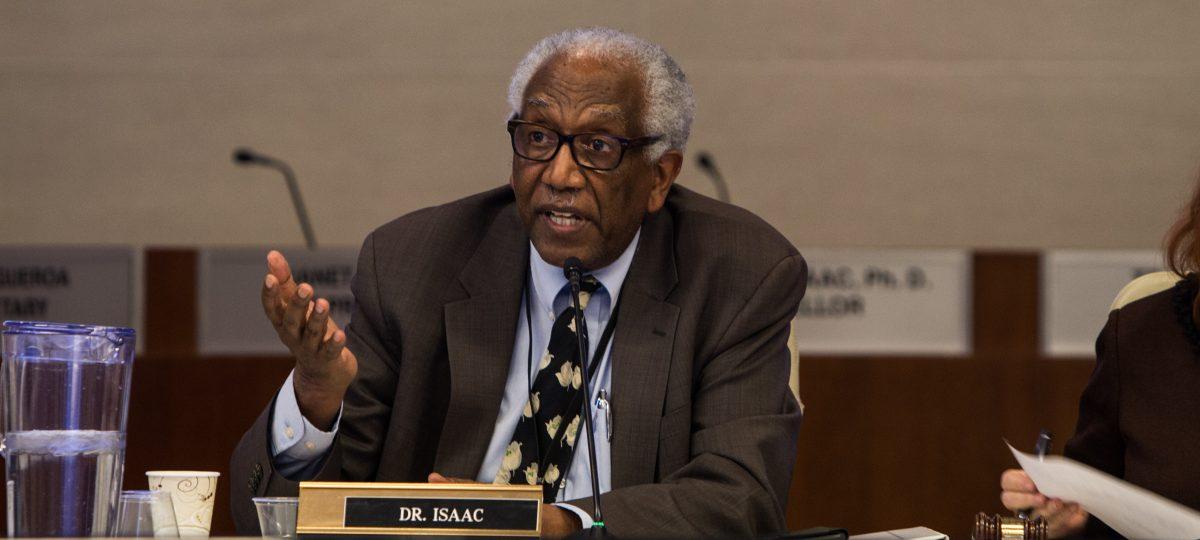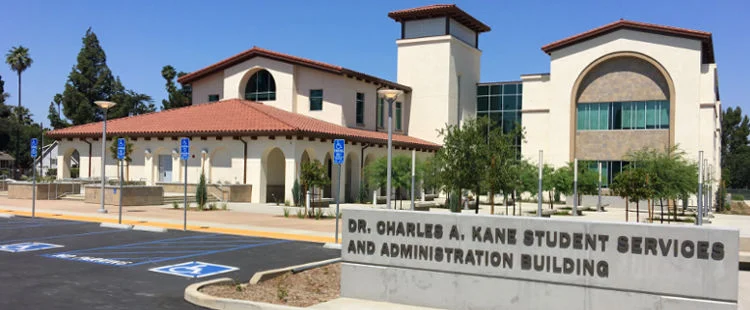
By Jacob Quezada
Quarantine, infection, social distancing and disease have become an all too common part of our lexicon.
Measures to take a hold of viral infections have shaped our lifestyle and industry. For Southern California citrus growers and essential agricultural workers, quarantine protocols for the infectious bacterial disease huanglongbing (HLB) antedates COVID-19.
The incurable citrus disease that manifests in the form of citrus greening, bitterness of fruit and all around malignancy has devastated Florida’s citrus industry and threatened Southern California’s provenance of orange.
“The state of California has really taken a preventative approach regarding HLB,” said Monique Rivera. “In terms of how things are differently managed between Florida and California, the amount of insecticides applied in Florida, no grower in California could afford that, the overhead is way too high.”
Rivera is an entomologist from UC Riverside. She completed her post doctoral fellowship in Florida and has seen the great lengths farmers and scientists alike have gone to isolate the spread of the principal vector of HLB, the Asian Citrus Psyllid.
The spread of the Asian Citrus Psyllid has placed many local businesses that the county agricultural commissioner has deemed within a five mile radius of detection of the vector in quarantine.
“We’ve been in the quarantine area for four years,” said Van Brandon.
Brandon owns and operates the Parkview Nursery in Canyon Crest directly adjacent to the UC Riverside Citrus Variety Collection.
“The California Department of Food and Agriculture inspectors have not come around since they made me destroy about $5,000 worth of citrus,” he said. “It has affected business. I have to send customers other places when I could be selling citrus.”
With the citrus industry being such a vital business, Brandon said he understands the department is doing what it can.
“But it seems kind of silly I can’t sell citrus, but a nursery four miles away can,” he said.
Due to quarantine and attempts to slow the spread of the Asian Citrus Psyllid, Brandon said he has no clue when he will be able to sell citrus again. The Food and Agriculture Department has responded to his inquiry about when he would be able to sell citrus again, telling him “not in the foreseeable future.”
“It’s not abundantly clear it will go the same way as it did in Florida,” Rivera said. “We will continue on until we figure out if it’s going to look the same as it did in Florida.”






